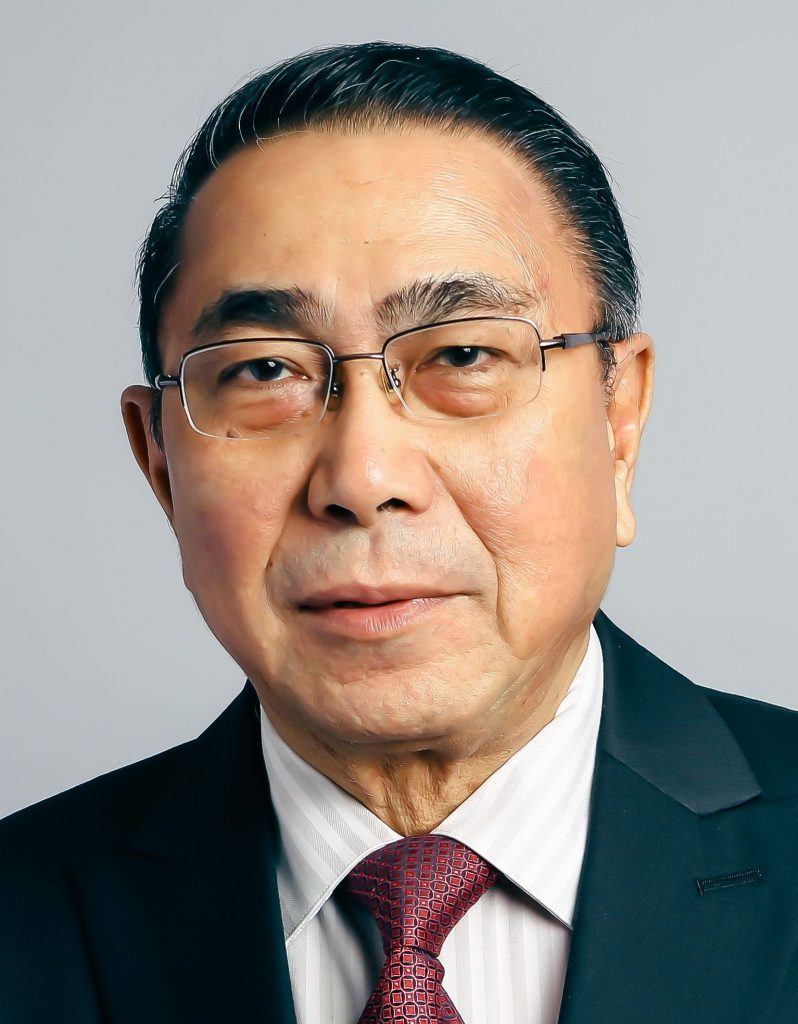
As in general matters outside the exact sciences, corporate social responsibility (CSR) can be interpreted in various ways. CSR itself actually has a standard definition issued by the National Standardization Body (BSN). This basic standard should be used as a reference for all parties carrying out CSR activities. However, in practice, only certain groups carry out this reference.
The standard definition of CSR issued by the BSN is only a reference for academics, CSR activists, the Financial Services Authority (OJK), the Indonesian Chamber of Commerce and Industry (KADIN), the Indonesian Employers’ Association (APINDO), the Indonesia Stock Exchange (IDX), and listed companies. This standard definition is contained in SNI ISO 26000: 2013. This standard is adopted from ISO 26000 issued by the International Standards Organization, which is part of the national standards by most modern countries, including Indonesia.
There are six areas covered in SNI ISO 26000: 2013, namely human rights, labor practices, fair and honest operational activities, consumer issues, environmental preservation, and community development and involvement. All of these areas must be based on good governance principles.
The content of which is somewhat similar to SNI ISO 26000: 2013 is the United Nations Global Compact (UNGC). Initiated in 1999 by the then UN Secretary General, Kofi Annan. The only Indonesian entrepreneur who is part of around 60 world entrepreneurs who have also signed the Global Compact at the UN Headquarters is Ms. Martha Tilaar.
The Global Compact contains 10 commitments, which detail four main points, namely human rights and workers’ rights to associate, anti-discrimination support, environmental preservation efforts, including the application of environmentally friendly technology, and support to corruption eradication.
In many countries, including Indonesia, a network of companies that support the Global Compact has been formed. Kiroyan Partners has provided a statement of support to UNGC in 2008. Companies/ organizations that support UNGC are required to make an annual report. This report is an accountability for the implementation of the four points mentioned above, which is called Communication on Progress (COP). The report is published on a special UNGC page. Companies that have committed participation but have not made an accountability report will be delisted and included in the list of companies that have not fulfilled their obligations.
Unique to Indonesia
The definition that is not included in the mainstream and can be said to be unique and distinctive to Indonesia is CSR which is solely related to money. This then gave rise to the term “CSR Fund” which does not exist in other countries, and does not even become part of the official national standards applicable in this country. These “CSR funds” are included in various regional regulations. The amount is usually around 2.5% of the company’s profit, although some are much higher than that.
This CSR fund has caused unrest in the business world because it is considered an additional tax and worsens Indonesia’s ranking in the Ease of Doing Business index, an international ranking conducted by the World Bank. Indonesia’s position in 2019 did not change from the previous year, which was ranked 73rd.
In its “unique” form, CSR funds are a concern of public affairs because they are part of a socio-political process that impacts the company. As a topic at the center of public debate and because its substance concerns stakeholder engagement, CSR naturally becomes one of the areas that public affairs is engaged in. The concentration of public affairs on the non-market side of corporate activities also directs it to CSR as a non-market activity carried out by the company. This distinguishes it from other corporate communication activities related to the corporate market, such as product promotion (marketing) and corporate identity (public relations).
Noke Kiroyan
Chairman & Chief Consultant, Kiroyan Partners
This article has been published in PR Indonesia magazine 58th Edition, issued on January 2020, page 43.
Download the clipping here.



